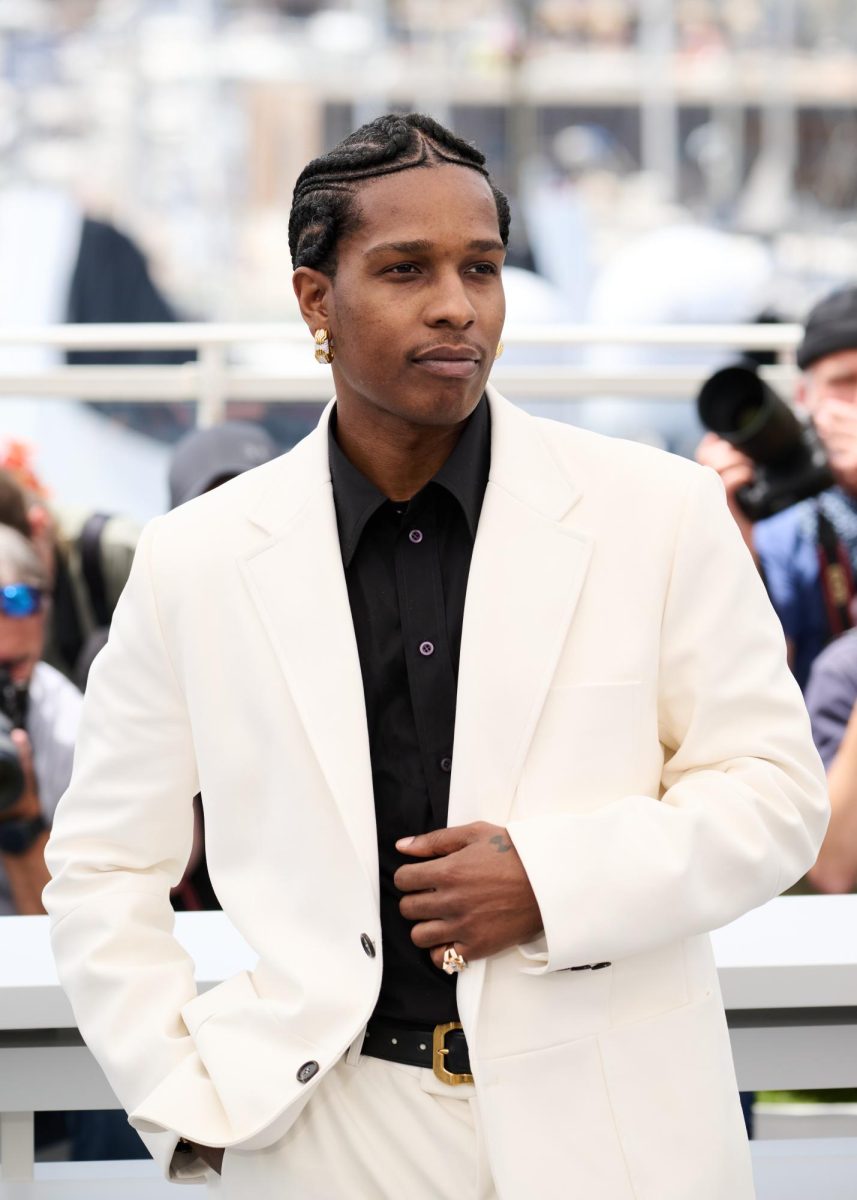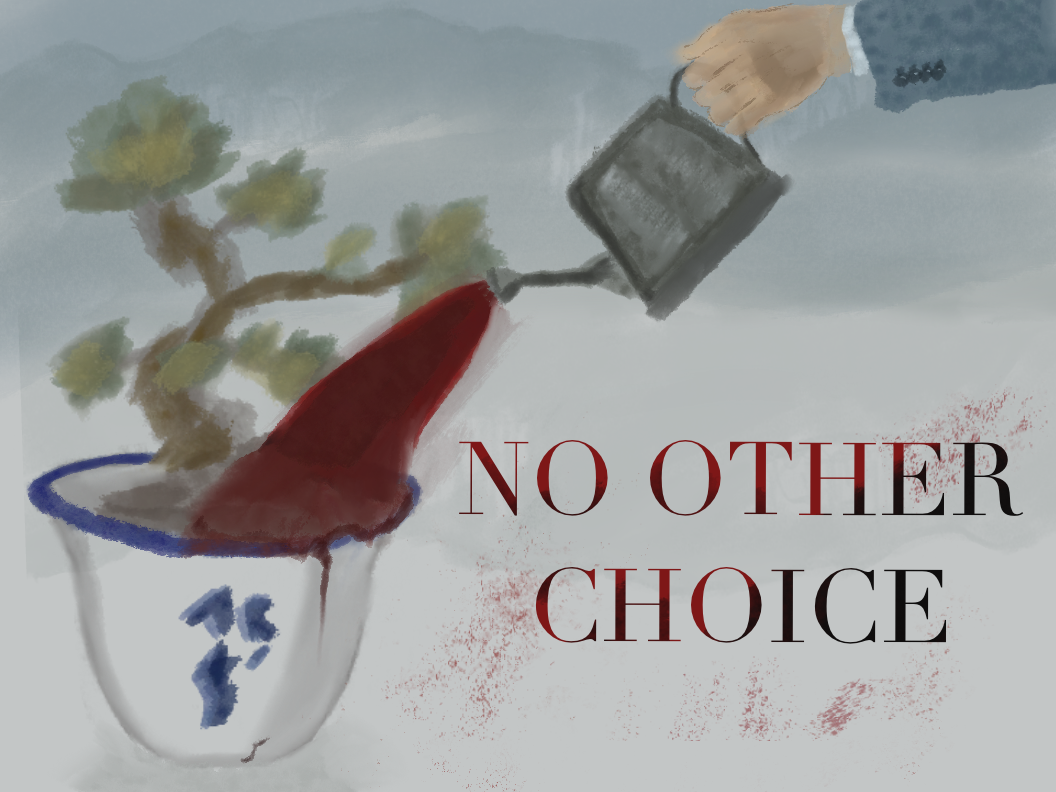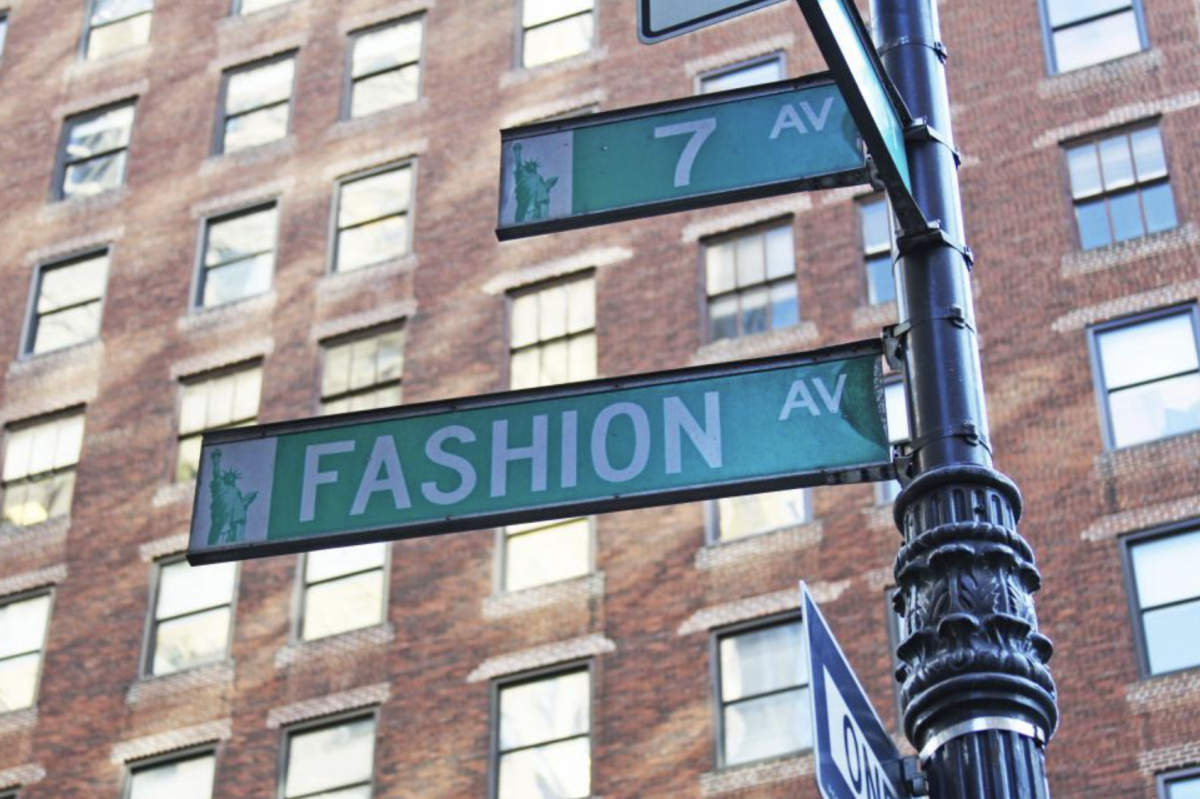From selling out arenas and movie theaters to breaking album sales records, Taylor Swift is dominating the music industry.
The term “Taylor’s Version” has been floating around in the past few years to refer to the artist’s latest endeavor in taking ownership of her discography.
The singer-songwriter started her music career at 15 years old and signed her first record deal with Big Machine Records in 2005. She went on to produce six albums with the label before her contract ended in 2018. Swift’s contract gave the label ownership of her masters in exchange for a cash advance.
In 2019, Big Machine Records was bought by entrepreneur Scooter Braun, who gained ownership of Swift’s masters and later sold them without her knowledge. The subsequent profits from the sale or streams of songs wouldn’t have gone to Swift.
As the primary credited songwriter, Swift retained publishing rights and could legally re-record the music if it wasn’t a replica of the original. Her new contract with Republic Records gave her complete ownership of her songs, and from there, “Taylor’s Version” was born.
Swift has since then put out re-recordings for four of her six albums. Each album and song has the note “Taylor’s Version” attached to the end to highlight her ownership and separate the re-recording from the stolen version, as it is now known.
The re-recordings feature the same track list as the original but with bonus ‘vault’ tracks. The new tracks are songs that Swift had written for each album but didn’t make the final cut.
The first rerelease was of Swift’s “Fearless,” which featured six tracks from the vault and featured collaborations with artists like Maren Morris and Keith Urban. “Red (Taylor’s Version)” was released a few months later with nine vault tracks, including the highly anticipated ten-minute version of “All Too Well,” which she wished to include on the original album but wasn’t allowed to.
Earlier this year, Swift dropped the reworked version of the 2010 album “Speak Now” alongside a music video with Taylor Lautner, who inspired most of the album’s songs.
Most recently, Swift released her rendition of “1989” with five vault tracks and a deluxe version featuring a re-recording of her song with Kendrick Lamar. Each album was accompanied by long-awaited merch drops and different vinyl variants. Swift’s official store constantly ran limited-time-only offers on exclusive vinyl records and merchandise, drumming up sales and excitement for each rerelease.
There is a clear distinction between the original albums and their rereleases, primarily due to Swift’s lucrative business idea. She urged fans to stop supporting the stolen versions and instead stream the versions she owns. The release of Swift’s albums severely impacted the sale and distribution of the originals and made it difficult for the Big Machine to see large-scale profits.
An artist’s fight with recording labels for ownership isn’t a new occurrence, but Swift’s efforts to reclaim her discography have shocked the industry. Billboard recently reported that some recording companies are “demanding artists wait an unprecedented 10, 15 or even 30 years to re-record releases after departing their record companies.”
The industry standard has consistently held that an artist can release re-recorded versions five to seven years after the original. Yet, many companies are moving to adopt this clause. Labels worry that “Taylor’s Version” has set a precedent for the industry and shown artists the profits they can make off their masters.
Swift’s fight for ownership reflects a revolutionary transparency in the music industry and creates a compelling argument for ownership rights and the transition to licensing deals rather than traditional contracts.









